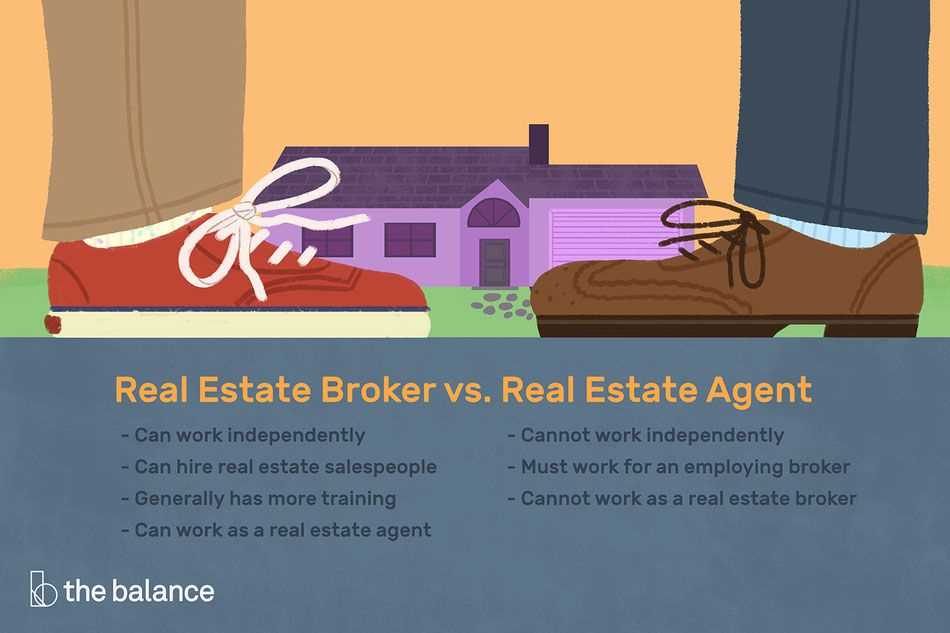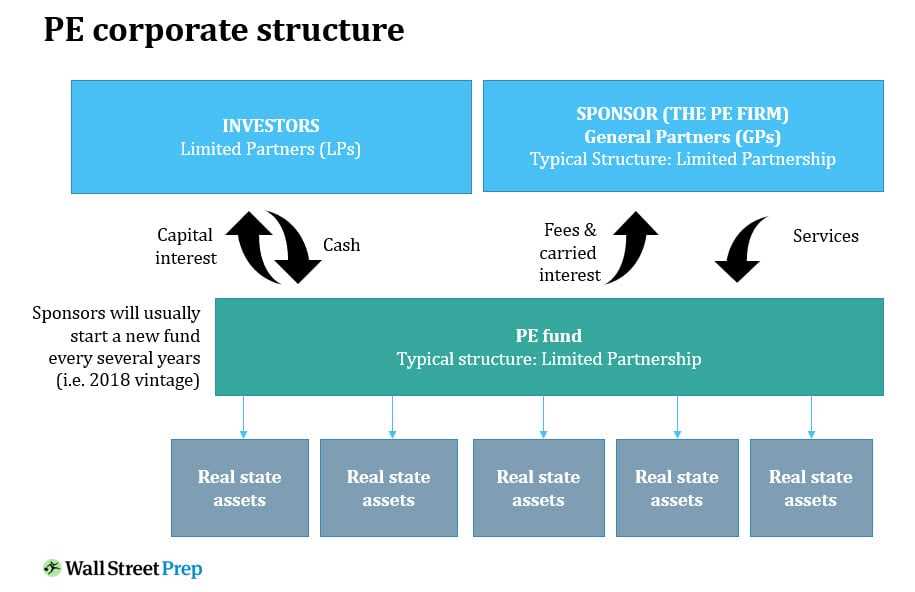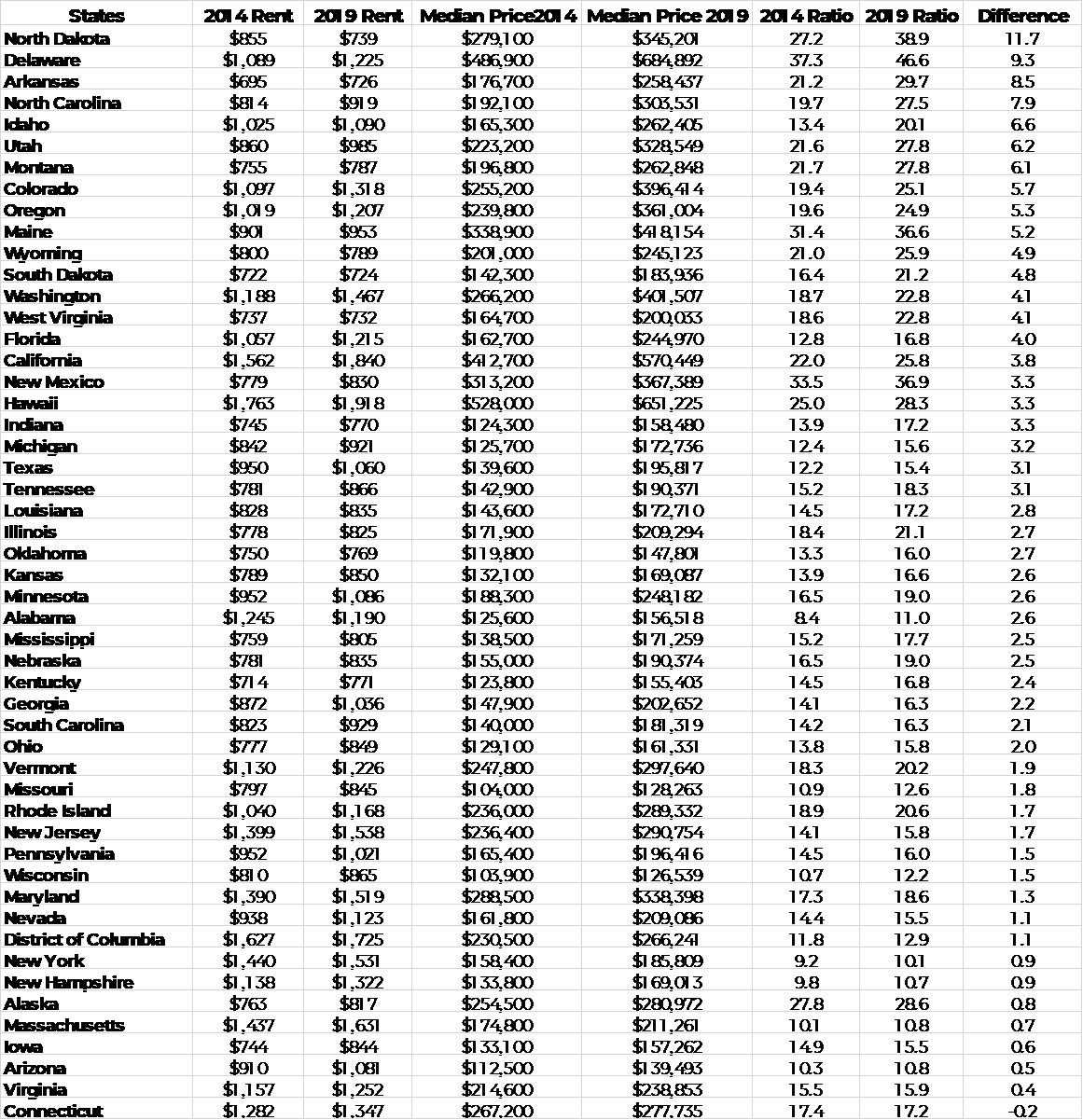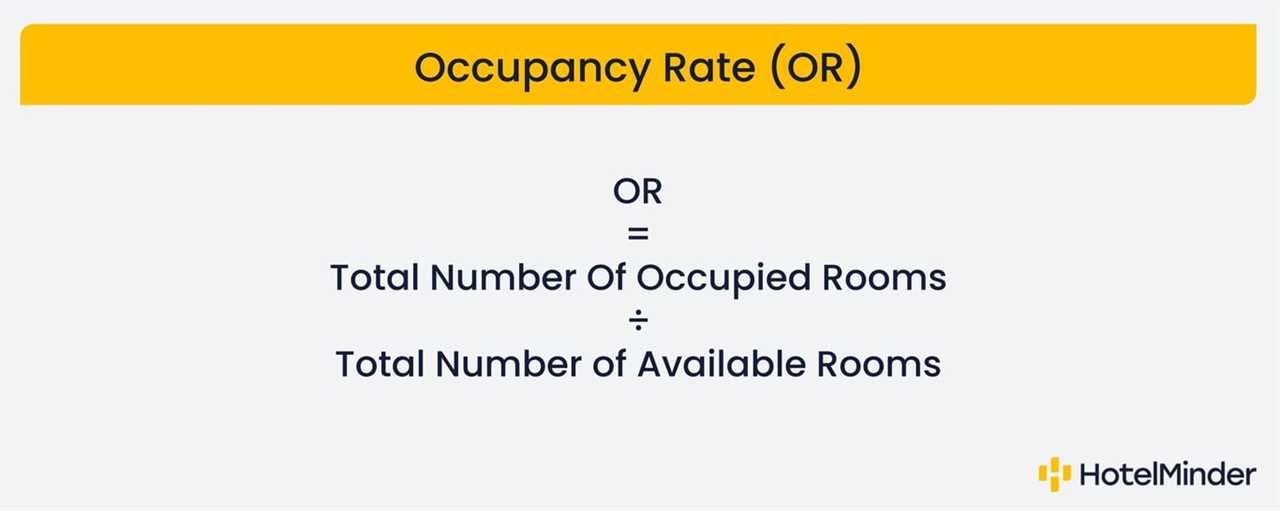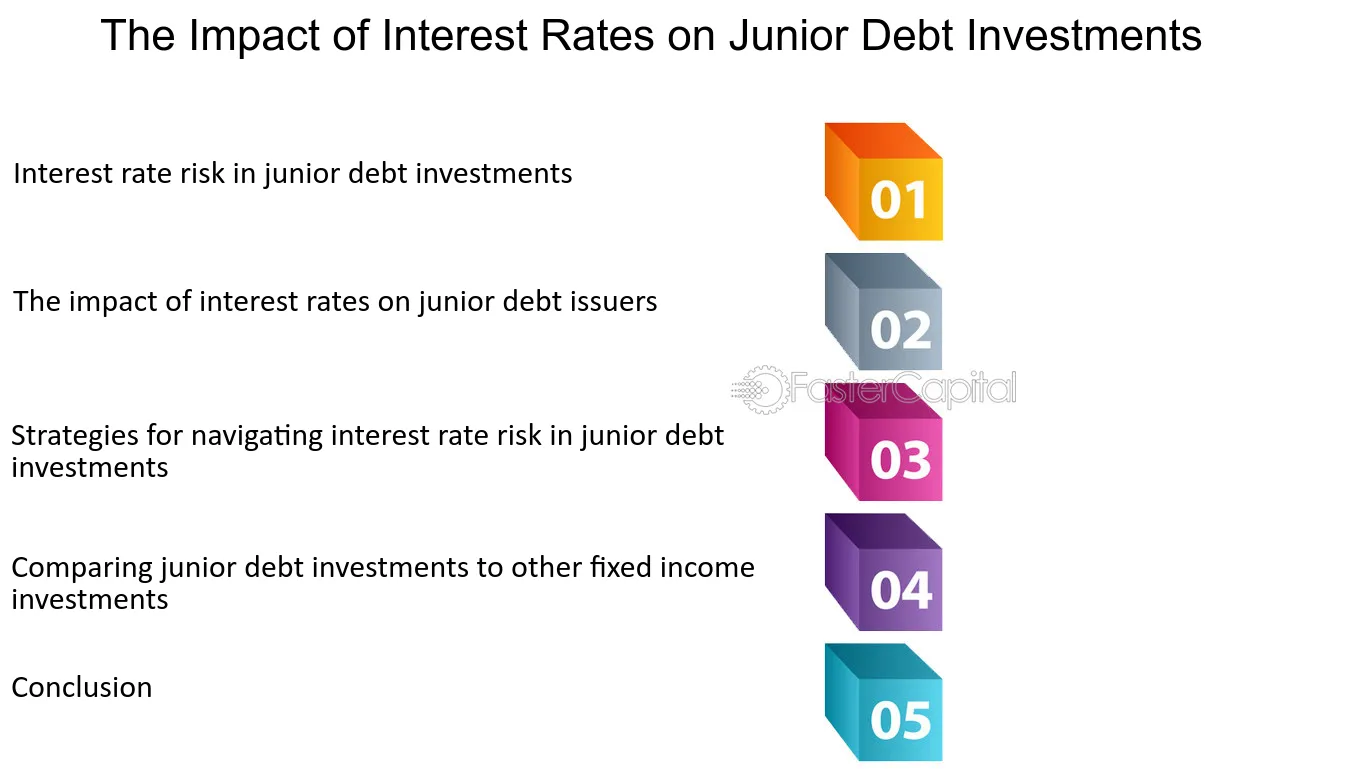Section 1231 Property Definition Examples and Tax Treatment
What is Section 1231 Property? Section 1231 property refers to a specific classification of assets for tax purposes in the United States. This classification is important because it determines how gains and losses from the sale or exchange of these assets are treated for tax purposes. Definition and Overview Section … …










